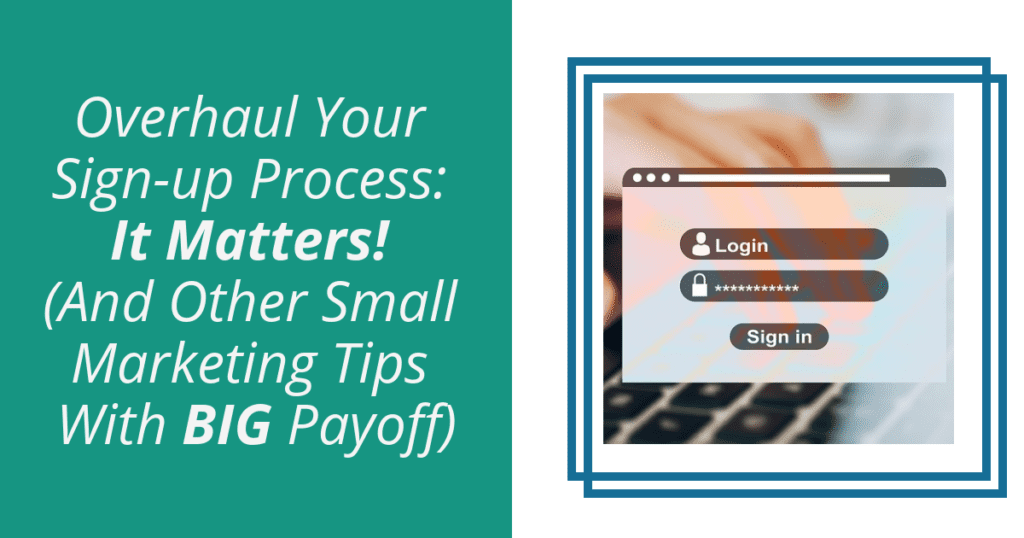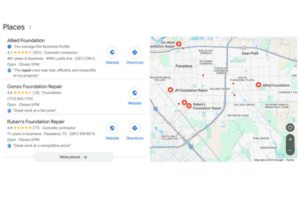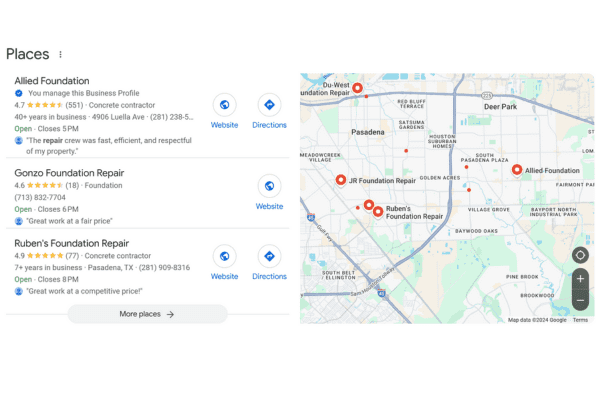If you want to increase your number of customer conversions, there’s a really simple trick that you may be overlooking: your sign-up page.
Your sign up process is a seemingly small thing, but the way it’s set up can have a huge impact on your conversion rates and overall product marketing and tech branding success – especially if you have an SaaS product.
Let’s take a look at some ways you can overhaul your sign-up process – and a few other small ways that can take your marketing to the next level.
Why the sign-up process is important
The sign-up process is where you can start to gather basic information about leads that will hopefully convert into customers.
It’s also going to be your customer’s first impression of your company and how it works. The information you provide and how relatively easy or difficult the process is to get started with your company or product will make lasting effects on how each person perceives your company – and it will show if they’re committed enough to hand over their information to you!
The sign-up process needs to strike the right balance between answering questions and also being easy to complete. If you require too much effort, you’re going to lose out on a lot of potential leads. Conversely, if you don’t provide enough information, leads may be reticent to provide their email addresses or other information if they’re not sure what will happen to it.
Now that you know the importance of having an intuitive sign-up process, we’re going to look at some tips to make sure your process is the best it can be.
Sign-up best practices to keep in mind
Making an easy sign-up process requires a balance between simplicity and transparency. You want your leads to feel that signing up with you is both nearly effortless – and also that surrendering their information to you will pay off.
Here are a few best practices to keep in mind when looking to overhaul your sign-up process:
- Data entry fields – Make sure your data entry fields are large. Customers don’t want to have to erase text inside the fields before inputting information. You also don’t want too many fields.
- Feel & Graphics – Your sign-up page should be visually appealing. Any graphics, text, and color scheme should be easy to read and understand and not “feel” overwhelming to look at.
- Set expectations – Provide clear directions for sign-up. Make sure any text you add sets adequate expectations, such as when (or if) the free trial ends, what they’re signing up for, and what the next steps will be.
- Social sign-up – Many companies are including a one-click option that links your sign-up page to their social media (typically Facebook, Google, LinkedIn, and Twitter) that will link their social accounts to your data fields and sign them up automatically. If you do this, be sure to also include e-mail only sign up option as well.
- Sign up from anywhere – Signing up should be easy. Have links to your sign-up page on multiple parts of your website and social media accounts. Many websites also now have a pop-up feature when someone visits their website, prompting readers to register while they’re reading.
Giving your sign-up process a makeover is a seemingly simple, small thing to do – but the payoff is enormous. We’ve compiled a few other tips that seem small but have huge payoffs.
More marketing hacks
- Wording matters – How you frame things makes a significant impact on how your leads perceive the process. For example, adding words such as “All you have to do is enter your email address. It’s that easy,” frames the experience positively and makes your customers more accepting to give out their information.
- Don’t ignore emails – Sending e-mails to your leads and current customers is still one of the top ways to market.
- Reward desired behavior – Creating rewards such as referral programs, sweepstakes, giveaways, and more are a great way to encourage your customers to market for you. You can reward your customers for sharing your posts on social media or referring friends to your program.
Test for success
With all of the tips we outlined above, the most important thing to remember is to test each option. Running A/B testing will give you the best data to determine which forms of sign-up forms, emails, content, and more get the best response from your particular base. While there’s no objectively right or wrong way to structure your sign-up process or website, your audience and customers will respond differently to different methods.















